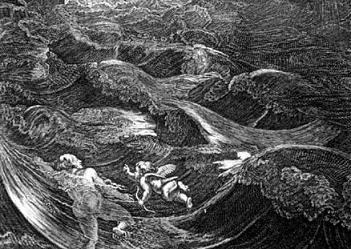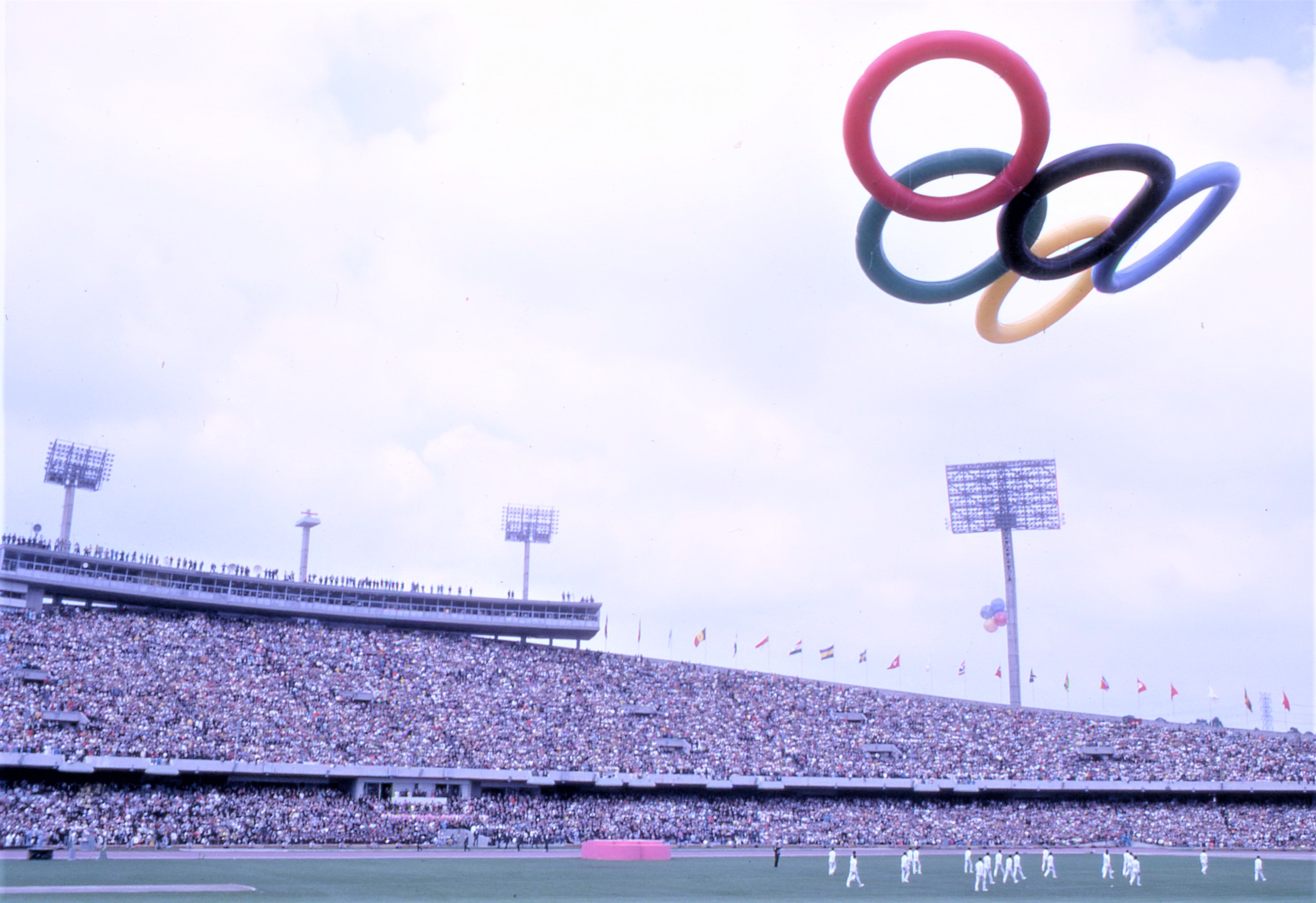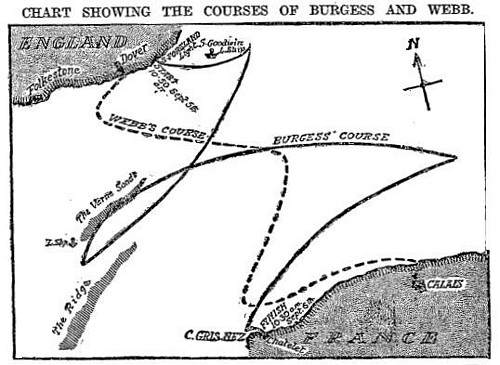|
Sándor Szabó (swimmer)
Sándor Szabó (29 March 1951 – 17 April 2021) was a Hungarian swimmer. He competed at the 1968 Summer Olympics and the 1972 Summer Olympics The 1972 Summer Olympics (), officially known as the Games of the XX Olympiad () and officially branded as Munich 1972 (; ), were an international multi-sport event held in Munich, West Germany, from 26 August to 11 September 1972. It was the .... References External links * 1951 births 2021 deaths Hungarian male breaststroke swimmers Olympic swimmers for Hungary Swimmers at the 1968 Summer Olympics Swimmers at the 1972 Summer Olympics Swimmers from Budapest 20th-century Hungarian sportsmen 21st-century Hungarian people {{Hungary-swimming-bio-stub ... [...More Info...] [...Related Items...] OR: [Wikipedia] [Google] [Baidu] |
Hungarian People's Republic
The Hungarian People's Republic (HPR) was a landlocked country in Central Europe from its formation on 20 August 1949 until the establishment of the current Hungary, Republic of Hungary on 23 October 1989. It was a professed Communist_state#People's_democratic_state, communist state, governed first by the Hungarian Working People's Party and after the Hungarian Revolution of 1956, the Hungarian Socialist Workers' Party. Both governments were closely tied to the Soviet Union as part of the Eastern Bloc.Rao, B. V. (2006), ''History of Modern Europe A.D. 1789–2002'', Sterling Publishers Pvt. Ltd. The state considered itself the heir to the Hungarian Soviet Republic, which was formed in 1919 as one of the first communist states created after the Russian Soviet Federative Socialist Republic (Russian SFSR). It was designated a "people's democracy (Marxism–Leninism), people's democratic republic" by the Soviet Union in the 1940s. Geographically, it bordered Socialist Republic ... [...More Info...] [...Related Items...] OR: [Wikipedia] [Google] [Baidu] |
Törökbálint
Törökbálint is a town in Pest county, Hungary. Törökbálint received town status on 1 July 2007. The city also has a German name, ''Großturwall'', which originates from the times of the Swabian immigration after the Ottoman times of Hungary. Geographic position Törökbálint is c. westwards from Budapest, between Diósd and Budakeszi, which were also Swabian settlements. Törökbálint can be directly approached from the motorways M0, M1 and M7. History Early history Until the 1st century, the Avaric peoples were the inhabitants of Hungary, which the Romans chased away. Both nations left their footprint over the entirety of Hungary, and in Törökbálint as well, though the region was uninhabited until the 6th century, well after the Roman invasion. The Germanic tribes settled around this time. After the Magyar settlement in the 9th century, the main leader of the Hungarians, Árpád, gave the lands around the present Törökbálint to prince Kond, whose s ... [...More Info...] [...Related Items...] OR: [Wikipedia] [Google] [Baidu] |
Swimming (sport)
Swimming is an individual or team Racing, racing sport that requires the use of one's entire body to move through water. The sport takes place in Swimming pool, pools or open water (e.g., in a sea or lake). Competitive swimming is one of the most popular Olympic sports, with varied distance events in Butterfly stroke, butterfly, backstroke, breaststroke, Freestyle swimming, freestyle, and individual medley. In addition to these individual events, four swimmers can take part in either a freestyle or medley Relay race, relay. A medley relay consists of four swimmers who will each swim a different stroke, ordered as backstroke, breaststroke, butterfly and freestyle. Swimming each stroke requires a set of specific techniques; in competition, there are distinct regulations concerning the acceptable form for each individual stroke. There are also regulations on what types of swimsuits, caps, jewelry and injury tape that are allowed at competitions. There are many health benefits to ... [...More Info...] [...Related Items...] OR: [Wikipedia] [Google] [Baidu] |
1968 Summer Olympics
The 1968 Summer Olympics (), officially known as the Games of the XIX Olympiad () and officially branded as Mexico 1968 (), were an international multi-sport event held from 12 to 27 October 1968, in Mexico City, Mexico. These were the first Olympic Games to be staged in Latin America, the first to be staged in a Hispanophone, Spanish-speaking country, and the first to be staged in the Global South. Consequently, these games also marked the first time that there would be a gap of two Olympic Games not to be held in Europe. They were also the first Games to use an All-weather running track, all-weather (smooth) track for track and field events instead of the traditional cinder track, as well as the first example of the Olympics exclusively using electronic timekeeping equipment. The 1968 Games were the third to be held in the last quarter of the year, after the 1956 Summer Olympics, 1956 Games in Melbourne and the 1964 Summer Olympics, 1964 Games in Tokyo. The Mexican Movement of ... [...More Info...] [...Related Items...] OR: [Wikipedia] [Google] [Baidu] |
1972 Summer Olympics
The 1972 Summer Olympics (), officially known as the Games of the XX Olympiad () and officially branded as Munich 1972 (; ), were an international multi-sport event held in Munich, West Germany, from 26 August to 11 September 1972. It was the second Summer Olympics to be held in Germany, after the 1936 Summer Olympics, 1936 Games in Berlin, which had taken place under the Nazi Germany, Nazi rule. Germany became only the second country at that point after the United States to have two different cities host the Summer Olympics. The West German government had been eager to have the Munich Olympics present a Democracy, democratic and optimistic Germany to the world, as shown by the Games' official motto, ''"Die Heiteren Spiele"'', or "the cheerful Games". The logo of the Games was a blue solar logo (the "Bright Sun") by Otl Aicher, the designer and director of the visual conception commission. The hostesses wore sky-blue dirndls as a promotion of Bavarian cultural heritage. The Oly ... [...More Info...] [...Related Items...] OR: [Wikipedia] [Google] [Baidu] |
1951 Births
Events January * January 4 – Korean War: Third Battle of Seoul – Chinese and North Korean forces capture Seoul for the second time (having lost the Second Battle of Seoul in September 1950). * January 9 – The Government of the United Kingdom announces abandonment of the Tanganyika groundnut scheme for the cultivation of peanuts in the Tanganyika Territory, with the writing off of £36.5M debt. * January 11 – In the U.S., a top secret report is delivered to U.S. President Truman by his National Security Resources Board, urging Truman to expand the Korean War by launching "a global offensive against communism" with sustained bombing of Red China and diplomatic moves to establish "moral justification" for a U.S. nuclear attack on the Soviet Union. The report will not not be declassified until 1978. * January 15 – In a criminal court in West Germany, Ilse Koch, The "Witch of Buchenwald", wife of the commandant of the Buchenwald concentration camp, is sentenced to li ... [...More Info...] [...Related Items...] OR: [Wikipedia] [Google] [Baidu] |
2021 Deaths
This is a list of lists of deaths of notable people, organized by year. New deaths articles are added to their respective month (e.g., Deaths in ) and then linked below. 2025 2024 2023 2022 2021 2020 2019 2018 2017 2016 2015 2014 2013 2012 2011 2010 2009 2008 2007 2006 2005 2004 2003 2002 2001 2000 1999 1998 1997 1996 1995 1994 1993 1992 1991 1990 1989 1988 1987 1986 Earlier years ''Deaths in years earlier than this can usually be found in the main articles of the years.'' See also * Lists of deaths by day * Deaths by year (category) {{DEFAULTSORT:deaths by year ... [...More Info...] [...Related Items...] OR: [Wikipedia] [Google] [Baidu] |
Hungarian Male Breaststroke Swimmers
Hungarian may refer to: * Hungary, a country in Central Europe * Kingdom of Hungary, state of Hungary, existing between 1000 and 1946 * Hungarians/Magyars, ethnic groups in Hungary * Hungarian algorithm, a polynomial time algorithm for solving the assignment problem * Hungarian language, a Uralic language spoken in Hungary and all neighbouring countries * Hungarian notation, a naming convention in computer programming * Hungarian cuisine Hungarian or Magyar cuisine (Hungarian language, Hungarian: ''Magyar konyha'') is the cuisine characteristic of the nation of Hungary, and its primary ethnic group, the Hungarians, Magyars. Hungarian cuisine has been described as being the P ..., the cuisine of Hungary and the Hungarians See also * * {{disambiguation Language and nationality disambiguation pages ... [...More Info...] [...Related Items...] OR: [Wikipedia] [Google] [Baidu] |
Olympic Swimmers For Hungary
Olympic or Olympics may refer to Sports Competitions * Olympic Games, international multi-sport event held since 1896 ** Summer Olympic Games ** Winter Olympic Games * Ancient Olympic Games, ancient multi-sport event held in Olympia, Greece between 776 BC and 393 AD * Olympic (greyhounds), a competition held annually at Brighton & Hove Greyhound Stadium Clubs and teams * Adelaide Olympic FC, a soccer club from Adelaide, South Australia * Fribourg Olympic, a professional basketball club based in Fribourg, Switzerland * Sydney Olympic FC, an Australian soccer club * Olympic Club (Barbacena), a Brazilian football club based in Barbacena, Minas Gerais state * Olympic Mvolyé, a Cameroonian football club based in Mvolyé * Olympic Club (Egypt), a football and sports club based in Alexandria * Blackburn Olympic F.C., an English football club based in Blackburn, Lancashire * Rushall Olympic F.C., an English football club based in Rushall * FC Olympic Tallinn, an Eston ... [...More Info...] [...Related Items...] OR: [Wikipedia] [Google] [Baidu] |
Swimmers At The 1968 Summer Olympics
Swimming is an individual or team racing sport that requires the use of one's entire body to move through water. The sport takes place in pools or open water (e.g., in a sea or lake). Competitive swimming is one of the most popular Olympic sports, with varied distance events in butterfly, backstroke, breaststroke, freestyle, and individual medley. In addition to these individual events, four swimmers can take part in either a freestyle or medley relay. A medley relay consists of four swimmers who will each swim a different stroke, ordered as backstroke, breaststroke, butterfly and freestyle. Swimming each stroke requires a set of specific techniques; in competition, there are distinct regulations concerning the acceptable form for each individual stroke. There are also regulations on what types of swimsuits, caps, jewelry and injury tape that are allowed at competitions. There are many health benefits to swimming, but it is possible for competitive swimmers to incur injur ... [...More Info...] [...Related Items...] OR: [Wikipedia] [Google] [Baidu] |




